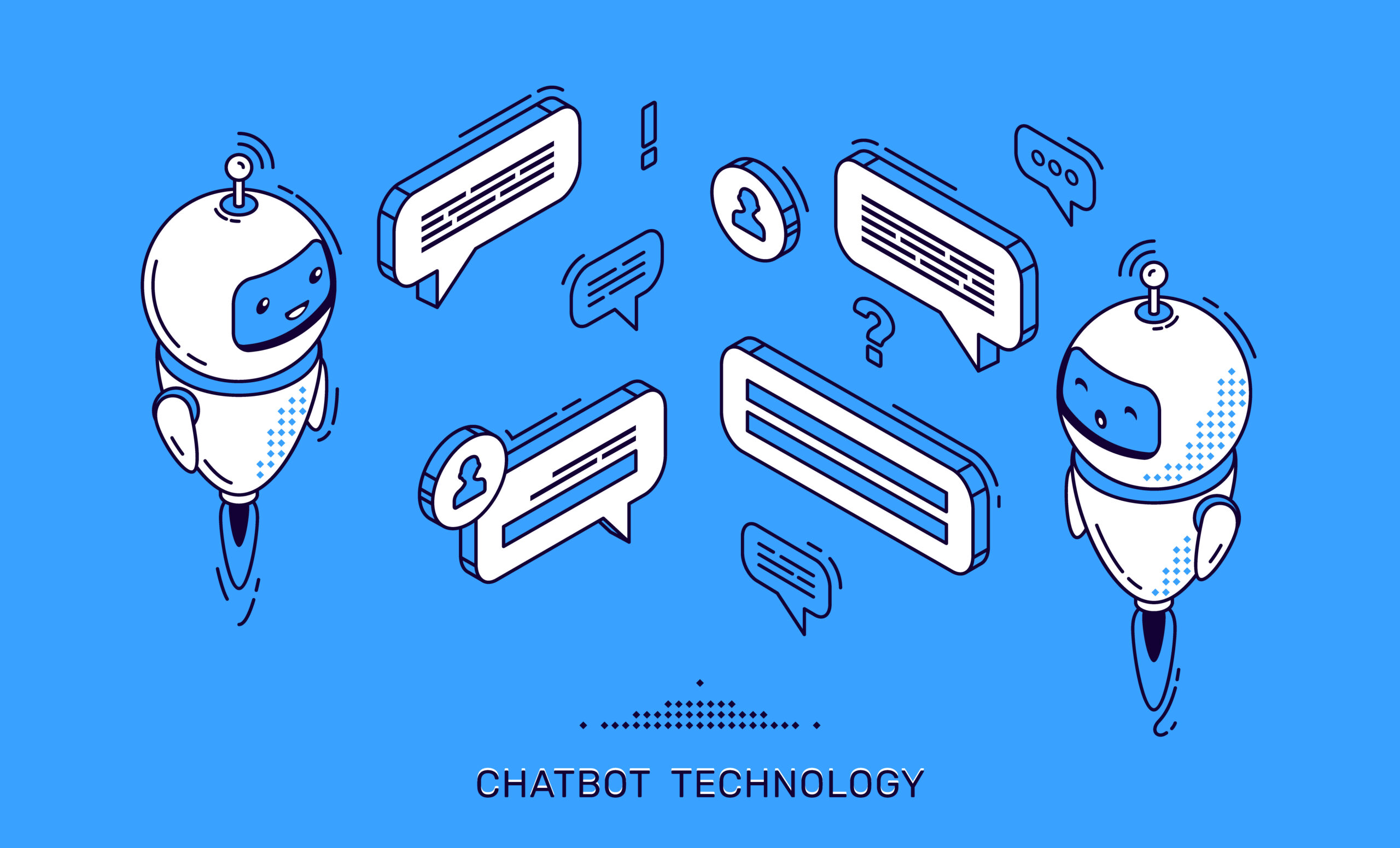
In today's digital landscape, simply managing contacts is no longer enough. Companies that want to stand out must anticipate customer needs, offer personalized experiences and build value relationships.
Thanks to the integration between CRM (Customer Relationship Management) is Artificial intelligence, all of this is possible today, in a scalable, intelligent and measurable way.
Why does an AI-integrated CRM make a difference?
An advanced CRM doesn't just collect data. With AI, it can:
- Analyze customer behavior in real time
- Automate personalized communication flows
- Suggest targeted actions to increase loyalty
- Provide accurate sales and churn forecasts
Result? More efficiency, more empathy, more sales.
5 Benefits of CRM and Artificial Intelligence Integration
1. Predictive customer profiling
AI allows you to analyze purchasing patterns, interactions and feedback for predict future behaviors, such as abandonments, upsells, or new interests.
2. Personalized and automatic communications
Chatbots, emails and notifications can be automatically triggered on a behavioral basis, improving the customer experience and reducing the team's operational load.
3. More effective lead prioritization
Thanks to intelligent lead scoring, AI identifies the hottest leads, helping sales focus on those most likely to convert.
4. Sentiment analysis
Natural Language Processing (NLP) algorithms analyze customer conversations to detect tone, emotions and dissatisfactions, allowing for timely interventions.
5. Data-based decisions
The integration between AI and CRM allows you to visualize dynamic dashboards with real-time updated data, to make quick and strategic decisions.
How to Implement an Intelligent CRM in Your Business
- Choose the right platform: Opt for scalable CRMs that are open to AI integration (e.g. Salesforce Einstein, HubSpot, Zoho CRM, Dynamics 365).
- Define your goals: loyalty, upselling, customer care, or all of them?
- Automate with intelligence: activate only the processes that are truly useful and monitor the results.
- Form the team: people remain central, AI is a tool.
- Monitor and optimize: learning is continuous.
Real-world example: AI + CRM = Customer Success
A B2B company in the IT sector has integrated AI into its CRM to:
- Automatically segment customers based on their lifecycle
- Predicting customers at risk of churn
- Personalize email content and timing
The result? +18% retention and +23% cross-selling sales in six months.
Artificial intelligence enhances human relationships
The goal is not to automate everything, but strengthen the bond between brand and customer. An intelligent CRM helps businesses to be present at the right time, with the right message, on the right channel.
In a world where customers are increasingly informed and connected, AI is the key to staying relevant.






